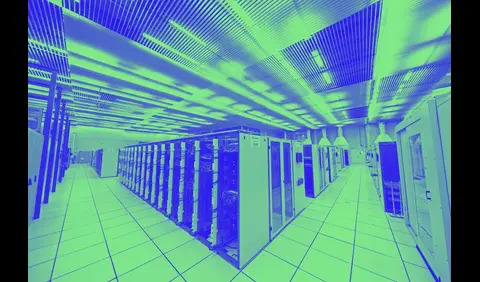AI and the Environment

Program Description:
Generative AI tools, such as Open AI’s ChatGPT or Dall-e, have been the subject of much discussion in the last year. Typically, these discussions revolve around challenges and opportunities for students, teachers, artists, lawmakers, and other stakeholders. However, an important perspective that warrants more concern is the environmental implications of AI and its supporting infrastructures. Policy and research on this topic are on the rise. These efforts indicate a growing concern among experts that the AI industry may be on an unsustainable path (Halper 2024). Before the current AI boom, researchers suggested that communication technology could contribute up to 23% of global carbon emissions by 2030 (Andrae & Edler 2015). The current growth trajectory of AI is on track to drive up these numbers significantly, within a relative short timeframe.
This course prepares educators to integrate this urgent issue into their curriculum, and to prepare students for a changing AI landscape in education, policy, and industry. This is designed as a survey course, which will address subject matter, empirical research, and existing and future interventions within the fields of AI and environmental sustainability.
A careful exploration of this topic requires a multidisciplinary curriculum. As such, this course provides an introductory understanding of:
- the technical fundamentals of gen AI and its prerequisite media technologies (e.g. LLMs, cloud computing, big tech);
- recent policy trends (e.g. AI Environmental Impacts Act of 2024); and
- a social justice framework that addresses the inequality in AI and climate futures.
This course engages students through a variety of materials, tools, and pedagogies, employing in-person, and online asynchronous teaching modalities